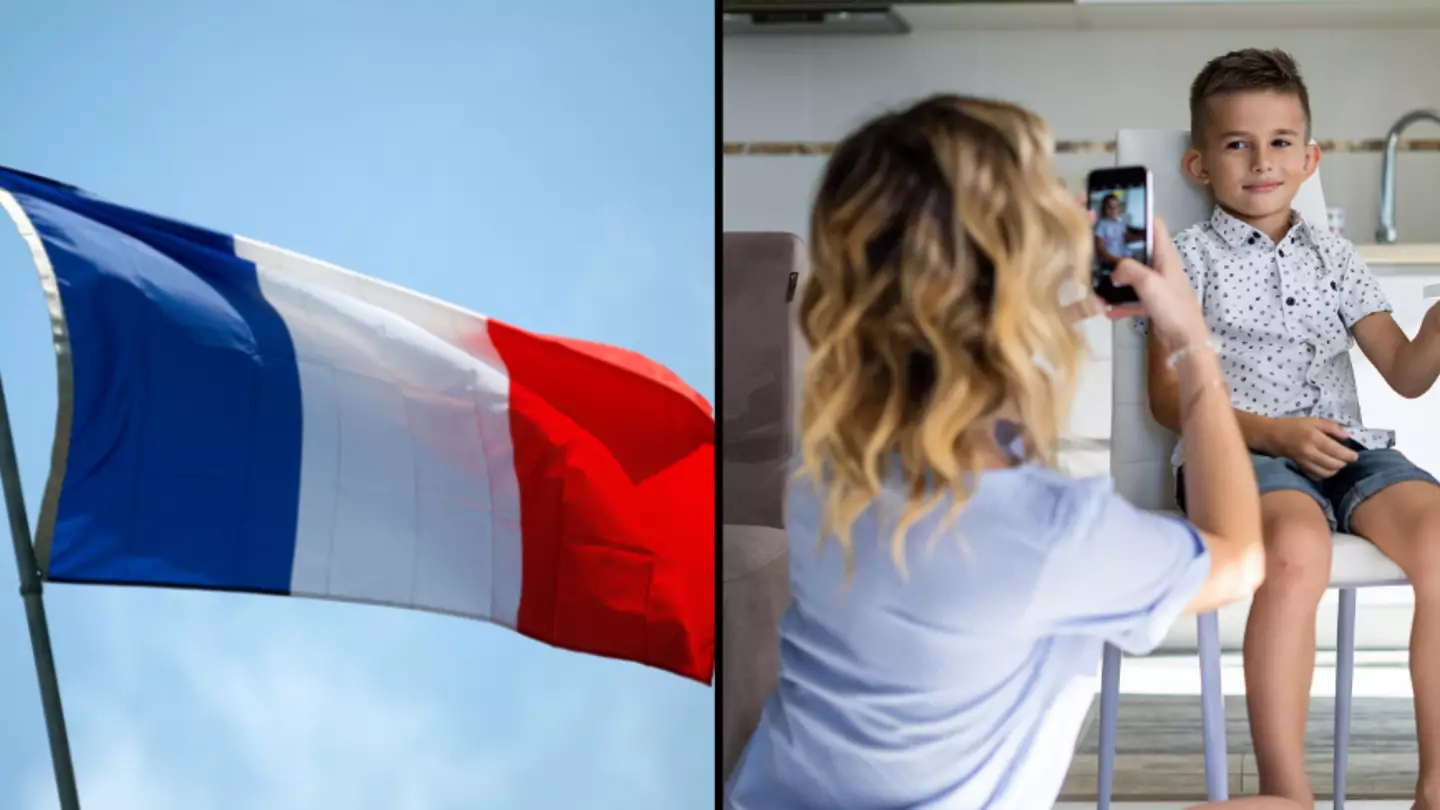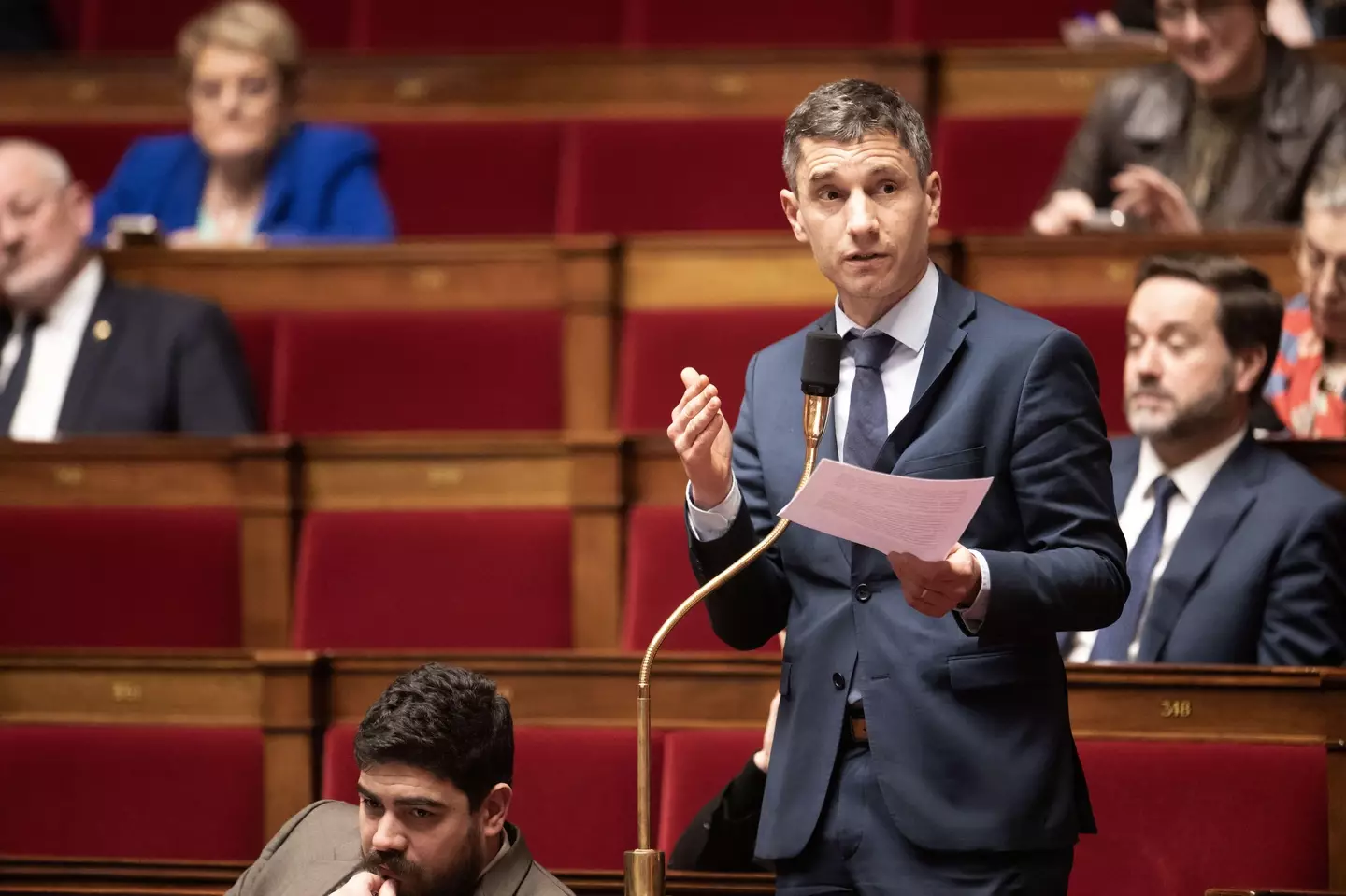
French MPs have approved legislation that aims to protect the privacy of children online.
They have unanimously voted to adopt new laws that will prevent parents from posting photos of their kids on the internet.
MP Bruno Studer, from French President Emmanuel Macron's Renaissance party, put forward the proposed legislation earlier this month at l'Assemblée Nationale.
Studer told Radio France Internationale the law aims to 'empower parents' and to show young people that their 'parents do not have an absolute right over their image'.
Advert

Struder said in an interview with Le Monde: "A 13-year-old child has an average of 1,300 images of themselves circulating on the internet.
"These are photos that can be misused for child pornography or that can lead to bullying in the school environment."
Once the images hit the internet, parents lose control to distribute the images.
The bill states that 50 per cent of the photographs exchanged on child pornography forums were initially posted by parents on social media.
Struder continued: "The first two articles aim to establish the protection of privacy as one of the responsibilities of parents as holders of parental authority, for which they must obviously involve the child."
"In the most extreme cases, it is provided that the family judge may, if necessary, make a forced partial delegation of parental authority for the specific case of an exercise of image rights."

Struder is a member of the delegation for children's rights, which was founded in September 2022.
Director and founder of l’Observatoire de la Parentalité et de l’Education Numérique Thomas Rohmer said the new laws go 'in the right direction' but added they don't 'go far enough'.
"We talk a lot about image rights, but not about children's dignity," he told Le Monde.
"When you see that some parent influencers earn their living by throwing a spoonful of purée in their baby's face, we can legitimately talk about indignity," he added.
Rohmer was specifically referring to French influencer and former reality TV star Jessica Thivenin, who was widely criticised after she spread chocolate on her four-year-old son's hands and face and told him it was faeces.
Acts that aim to scare or prank children can can lead to a feeling of 'betrayal' and a lack of trust in adults, clinical psychologist Vanessa Lalo told Le Monde.
Topics: World News, Parenting, Social Media